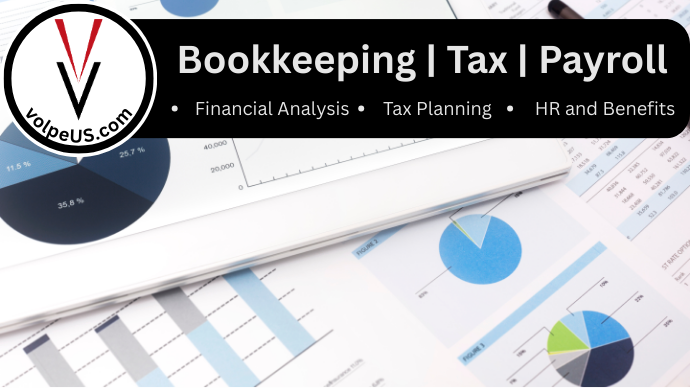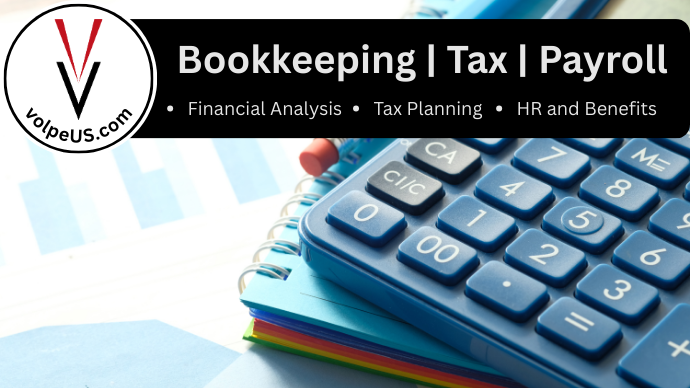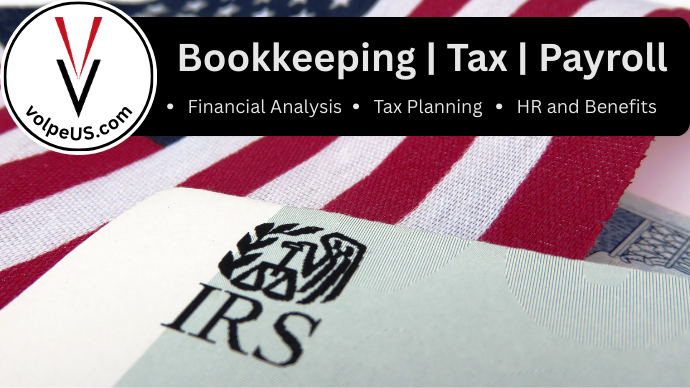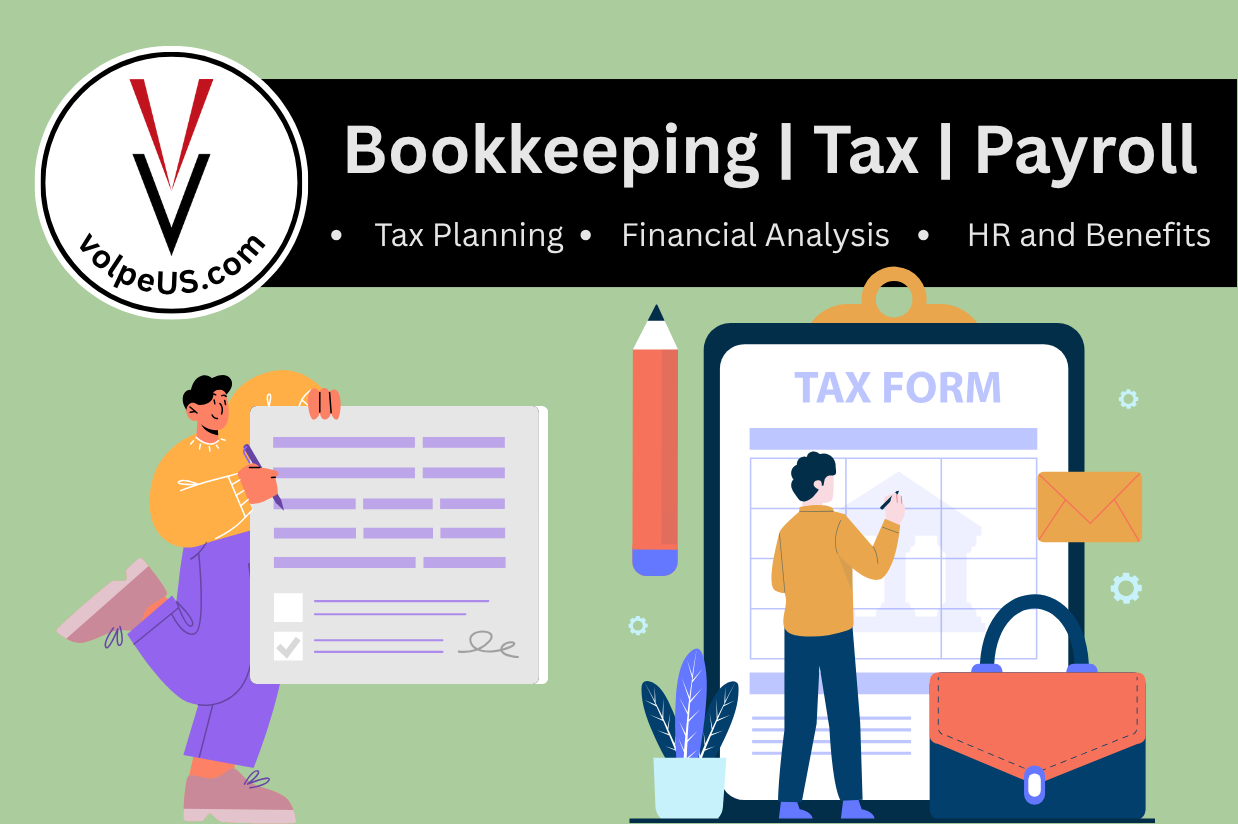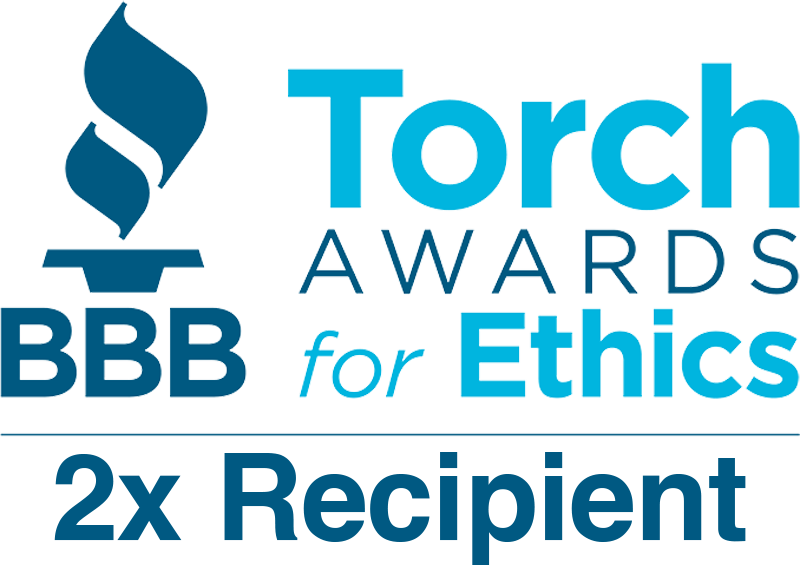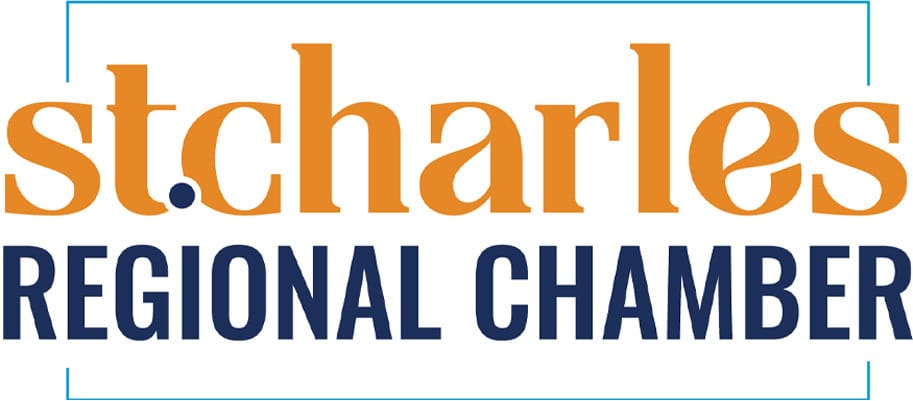Jump to a Specific Section
Tax Deductions and Other Money-Saving Opportunities for Freelancers
Today’s freelancers are the intrepid explorers on the bleeding edge of the entrepreneurial frontier. Choosing to become a freelancer is a decision that comes with its own unique set of advantages and challenges. It’s more than just a career choice—it’s a lifestyle. As a freelancer, you’re your own boss, but with that independence comes responsibilities that can be daunting.
Let’s start with the benefits of freelancing. One of the most appealing aspects is the flexibility it offers. You can set your own hours and work from virtually anywhere. This can be a huge advantage if you value work-life balance or have other personal commitments that demand your time.
On the flip side, freelancing also comes with its challenges. Perhaps the biggest hurdle is the lack of a steady paycheck. Income can be unpredictable, which means you need to be financially savvy and plan for leaner times. Additionally, you are responsible for finding and securing your own projects, which can sometimes feel like a full-time job in itself.
- Pros: Flexibility, autonomy, and potential to work on diverse projects.
- Cons: Inconsistent income, no employer-provided benefits, self-discipline required.
Becoming a freelancer offers the opportunity to tailor your career to fit your personal lifestyle, but it’s crucial to weigh these pros and cons cautiously. Understanding these dynamics is the first step in navigating your freelance journey successfully.
The Importance of Educating Yourself as a Freelancer
For freelancers, meticulous accounting is not just beneficial—it’s essential. Keeping accurate financial records allows you to take advantage of all available deductions, effectively lowering your taxable income and maximizing your earnings. For those new to freelancing, understanding the nuances of accounting may seem daunting. However, with a solid grasp on tracking expenses and income consistently, you can demystify the process and approach tax season with confidence.
Another reason freelancers should educate themselves on self-employment taxes—or speak with a local accounting firm—is the a wide range of tax benefits, deductions, and perks you can take advantage of that many miss.
Important statistics regarding freelancers and taxes
- Approximately 36% of freelancers are unaware of all the tax deductions available to them.
- Over 50% of freelancers do not track their business expenses accurately, leading to missed deductions.
- The average freelancer can deduct up to 20% of their income through qualified business income deductions.
Tax Deductions & Money-Saving Opportunities for Freelancers
As a freelancer, navigating the labyrinth of tax deductions can feel overwhelming. However, unlocking the potential savings by identifying and claiming all the deductions you’re entitled to can make a significant difference in your taxable income. From home office expenses to educational materials, each deduction represents an opportunity to keep more of what you earn. By understanding how each deduction works and how it applies to your business, you can ensure maximum savings come tax season, effectively turning these opportunities into tools for financial growth and stability.

Home Office Deduction
This deduction is a significant perk if you use a portion of your home exclusively for business. It allows you to write off expenses like rent or mortgage interest, utilities, insurance, and maintenance costs. To qualify, the space must be your principal place of business or used regularly and exclusively for work-related activities. Calculating the home office deduction can be done using either the simplified option or the regular option, which may require more detailed record-keeping but could result in a larger deduction.
Vehicle Expenses
If you use your car for business purposes, you can claim vehicle expenses, which can add up. There are two ways to calculate this deduction—the standard mileage rate, or the actual expenses method. The standard mileage rate is easier, requiring you to track the miles driven for business. Alternatively, you can track the actual expenses involved in maintaining and operating your vehicle, including gas, oil changes, and repairs, then deduct the portion specific to your business use.
Business Meals and Travel
While you can’t deduct entertainment expenses, you can still claim 50% of your business meal expenses if they’re directly related to or associated with your work. Additionally, deductions for travel expenses are also possible when they are essential for conducting business. This includes transportation, lodging, and other travel costs incurred while away from your tax home overnight.
Education Costs
Investing in your further education can be both personally rewarding and financially beneficial through tax deductions. Courses, seminars, and even trade subscriptions that maintain or improve skills required in your current trade or business are deductible. Just ensure these expenses are relevant to your freelance work and help in enhancing skills you already possess.
Health Insurance Premiums
As a freelancer, you’re likely responsible for your health insurance. If you pay for your own insurance, including coverage for yourself, your spouse, and dependents, you can usually deduct the cost on your tax return. This deduction can significantly reduce taxable income and make health insurance more affordable.
Other Ways Freelancers Can Cut Costs and Save Money

For freelancers, especially those just venturing out on their own, being a business owner can be one of the most stressful endeavors imaginable. Because of this, you want to make sure you are taking advantage of every money-saving opportunity available. In addition to the tax deductions listed above, there’s also a number of other ways you can save money as a freelancer.
- Budget and Track Expenses: Create a budget and use accounting software or apps to track expenses and identify areas to cut costs.
- Work Smart With Tools: Invest in efficient tools and software that optimize your work process, saving time and increasing productivity.
- Barter Services: Exchange skills with other freelancers or businesses to acquire services without spending cash.
- Utilize Free Resources: Take advantage of free online courses, webinars, and communities to enhance skills and knowledge without spending.
- Leverage Freelance Communities: Join online freelance communities or networks to gain insights, find job opportunities, and share resources.
- Work From Home: Cut down on commuting costs and office space rentals by designing a comfortable home office setup.
- Plan Purchases: Buy supplies in bulk or during sales to reduce overall costs on necessary purchases.
Getting Help From an Accountant
Navigating the complexities of taxes as a freelancer can be challenging. That’s where hiring an accountant can make a substantial difference. An accountant brings their expertise to the table—helping you effectively manage your finances, identify tax-deductible expenses, and ensure compliance with tax regulations. This can save you time and liberate you from the stress associated with tax filings and updates on tax laws.
One of the primary benefits an accountant offers is the ability to identify all possible tax deductions available to freelancers. While you may be aware of basic deductions like business meals and home office expenses, an experienced accountant understands intricate tax codes and can uncover less obvious deductions. This expertise ensures you’re not leaving money on the table, directly reducing your taxable income.
An accountant with experience working with freelancers can help to provide peace of mind, especially during tax season. Tax season is one of the most stressful times of year for any business owner. It doesn’t matter how big or small the company is—if they do not have their finances in order when the time comes to file taxes, the stress can be overbearing. An accountant’s support is invaluable when managing your freelance business and focusing on what you do best.
As a freelancer, when you entrust things like payroll, quarterly filing, and bookkeeping to an accountant, it allows you to benefit from financial advice tailored to your specific business needs. This guidance can extend beyond taxes into budgeting, cash flow management, and longer-term financial planning. Such strategic insights from someone who understands freelance operations can be crucial for sustained growth and financial health in your business.
Finally, consider the time savings. With tax regulations continually evolving, keeping updated can be burdensome. By delegating these responsibilities to an accountant, you free up considerable time to focus on growing your freelance endeavors. This shift in focus not only enhances productivity, but also enhances your quality of life by reducing stress and granting you more time to innovate and create.


